Symphony No. 4 ... War and Peace (2001) for soprano and orchestra
 Instant Download
Instant Download
Details
Description
SKU: A0.869357
Composed by Thomas Oboe Lee. 20th Century,Baroque,Classical,Contemporary,Romantic Period. Score and parts. 95 pages. Thomas Oboe Lee #15877. Published by Thomas Oboe Lee (A0.869357).Instrumentation: 2222-4231-timp-2perc-hp-pf-strings.
Program note:
First of all, a huge embrace for Max Hobart who has been so very supportive by promoting and premiering new works for the orchestra. Since 1991, I have written three works for Max and the Civic Symphony Orchestra of Boston. Symphony No. 4 ... War and Peace is my fourth contribution and this work is dedicated to Max.
A year ago, John Finney and the University Chorale of Boston College premiered my "Mass for the Holy Year 2000." It was a millennial commission by the Jesuit Institution for the community of Boston College. For that occasion I had originally planned to write a Mass whose texts would include both the Latin from the Ordinary of the Mass - Kyrie, Gloria, Credo, Sanctus & Agnus Dei - and poems concerning the atrocities and senseless killing in warfare during the last century.
However, as it turned out, the poems I chose ended up reflecting the Latin text, which is all about faith and redemption. But I still wanted to write an anti-war symphony. When I approached Max with this idea, he was very excited. Initially he was a little concerned that I might want to use the Tolstoy novel as my inspiration. I assured him that it would not be a four-hour symphony.
In order to convey a political message through a symphonic work, texts set as songs are the most direct way.
For this symphony, I have narrowed my focus to poems written by veterans of the First World War - some euphemistically call it "the Great War." The first poem by Rupert Brooke, "The Soldier," has an uneasy, patriotic cheerfulness to its message. The second poem by Wilfred Owen, "Dulce et decorum est," is a more realistic view of warfare. Dying for one's own country is not so cool when the dead and the dying are staring at your face!!! The third and last poem by Ivor Gurney, "To his love," reflects on the aftermath of war: peace, but at what cost!!!
Rupert Brooke (1887 - 1915) died on a naval expedition near the Greek island of Gallipoli. He died of blood poisoning.
Wilfred Owen (1893 - 1918) was wounded three times in France in the spring of 1917 and was sent back to England to recuperate. He returned to the Front, and was killed on November 4, 1918, just a few days before the Armistice was signed.
Ivor Gurney (1890 - 1937), a composer as well, was acutely sensitive to the horrors of the war and, after being wounded and gassed in 1917, he was sent back home to a mental hospital. He died twenty years later without ever recovering from the traumas of war.
Audio link: https://thomasoboelee.bandcamp.com/album/symphony-no-4-war-and-peace-2001
This product was created by a member of ArrangeMe, Hal Leonard’s global self-publishing community of independent composers, arrangers, and songwriters. ArrangeMe allows for the publication of unique arrangements of both popular titles and original compositions from a wide variety of voices and backgrounds.
Digital Downloads are downloadable sheet music files that can be viewed directly on your computer, tablet or mobile device. Once you download your digital sheet music, you can view and print it at home, school, or anywhere you want to make music, and you don’t have to be connected to the internet. Just purchase, download and play!
PLEASE NOTE: Your Digital Download will have a watermark at the bottom of each page that will include your name, purchase date and number of copies purchased. You are only authorized to print the number of copies that you have purchased. You may not digitally distribute or print more copies than purchased for use (i.e., you may not print or digitally distribute individual copies to friends or students).
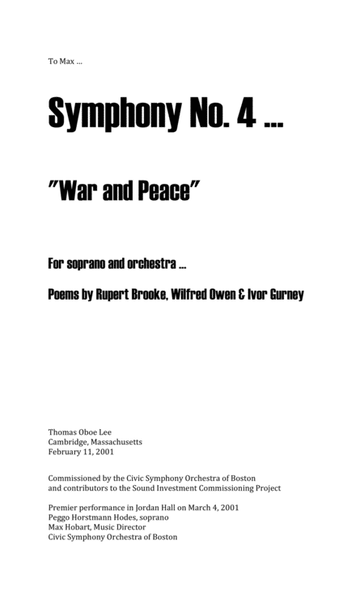
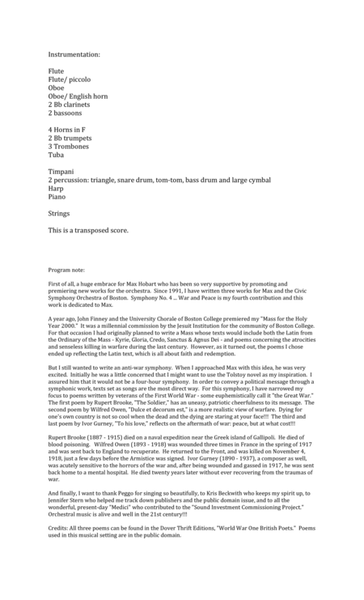
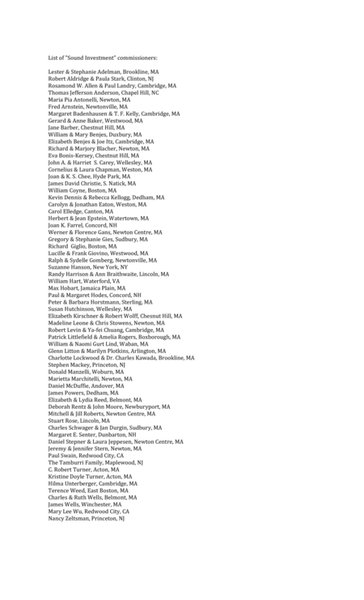
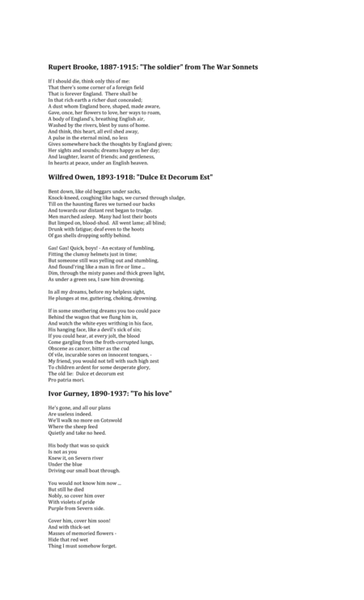
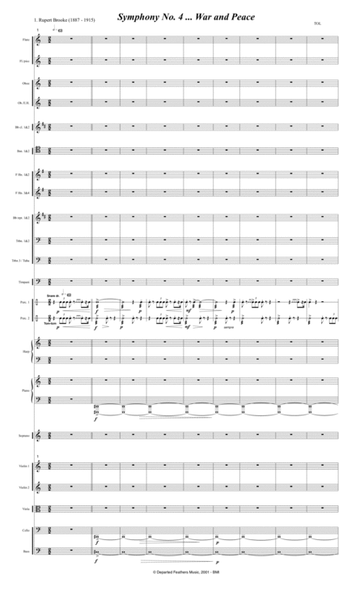
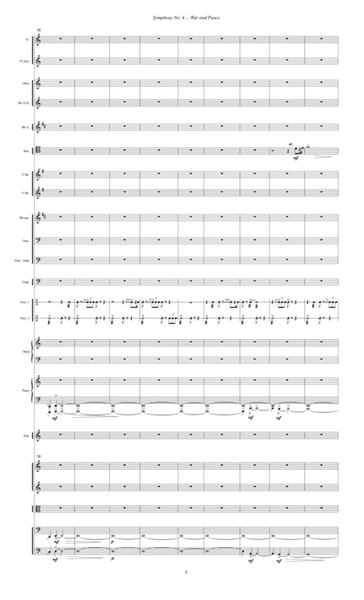
 Share
Share